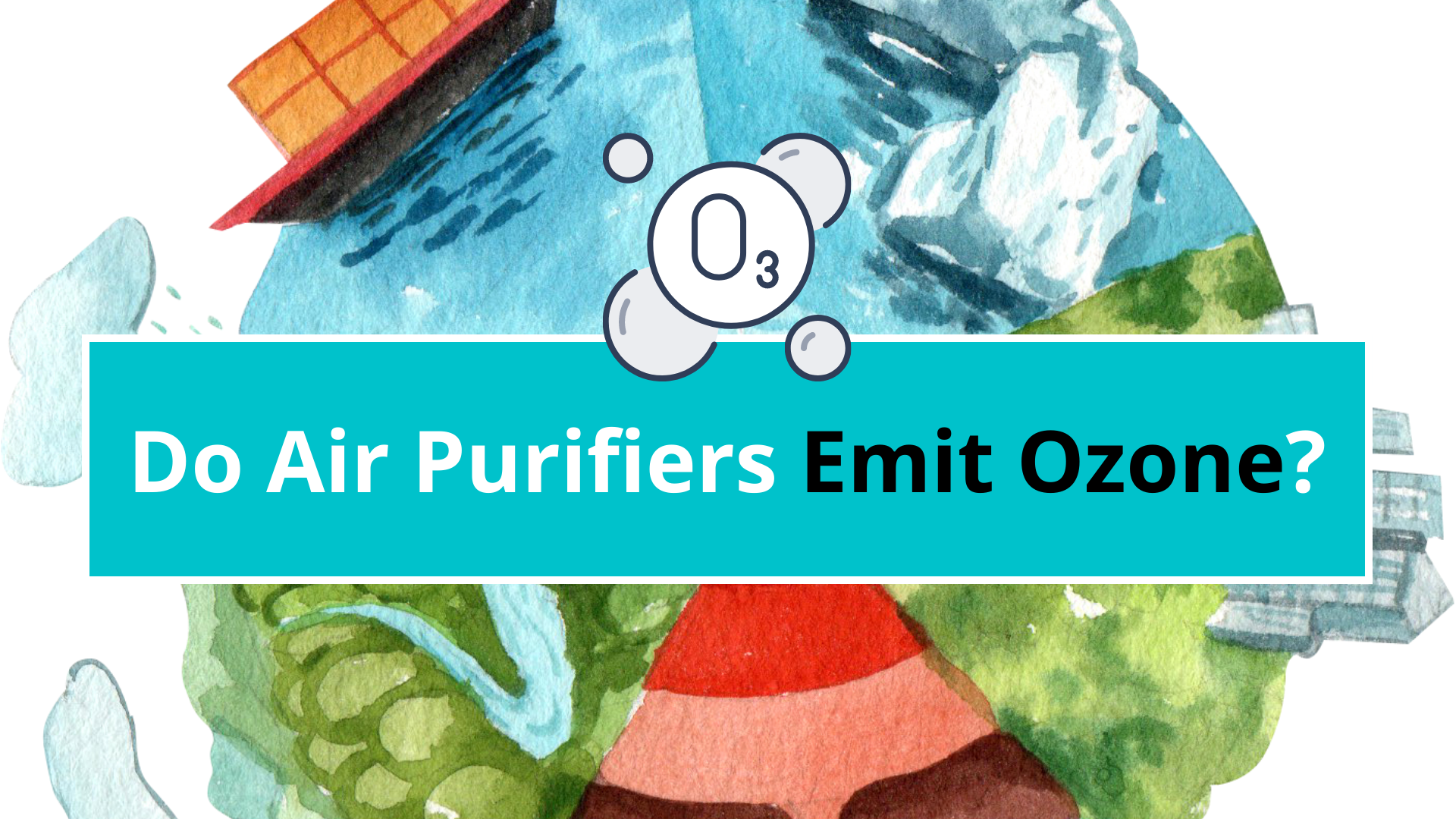When choosing an air purifier, many people are afraid of the ozone that forms during the ionization process. Ozone is a gas that is formed when oxygen molecules are split by an electric current. It is used in some industries to purify water and air, but too much ozone can be harmful to human health. And in this article, we’ll help you find out if air purifiers really make ozone.
Do all air purifiers emit ozone?
This is a question that gets asked a lot, and the answer is – no. Ozone is emitted only in one type of device – working on the principle of “ionic wind“, i.e. those that work without a fan or have a combination of washable electrostatic filter and ionizing pins (they can be easily seen if you take out the electrostatic filter and look inside the device). In all other models there is no need to be afraid of ozone, it is emitted so little that it is impossible to feel it.
Which air purifiers emit ozone?
- Ionic purifiers are good at removing particles from the air, but they can also emit ozone. So, if you have an ionic purifier, make sure it’s not emitting ozone.
- As for ozone generators, they are often used in industrial settings to clean the air and they are not meant for use in homes or other enclosed spaces because they can create unhealthy levels of ozone.
Which air purifiers are ozone free?
If you are looking for an air purifier that completely does not emit ozone, be sure to choose a model that uses UV light, HEPA for activated carbon filters:
- HEPA filters are some of the most effective at removing airborne particles from the air and they are ozon free. However, they can be expensive to replace on a regular basis;
- Activated carbon filters are also effective at removing airborne contaminants, but they can’t remove as small of particles as HEPA filters can;
- UV light purifiers, also known as PECO filters, use ultraviolet light to kill bacteria and viruses.
When choosing an air purifier, it’s important to consider your specific needs. If you’re concerned about ozone, for example, be sure to choose a model that doesn’t emit ozone. If you have allergies, on the other hand, you’ll want to choose a purifier that is designed to remove allergens from the air. No matter what your specific needs are, there’s an air purifier out there that can help you breathe easier.

Leave a Reply
You must be logged in to post a comment.